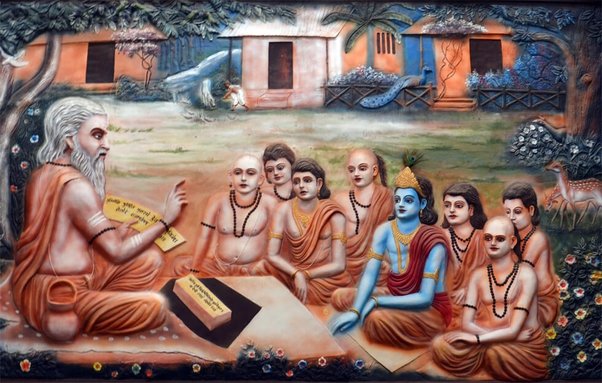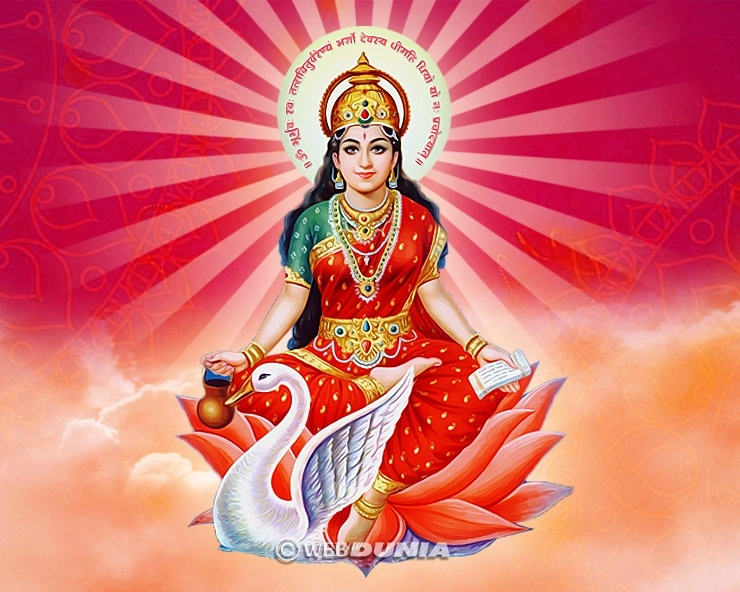In Sanatana Dharma, meditation is known as dhyana, which means the practice of stillness. It is a key component of spiritual practice, along with self-realization, devotion, and service. The aim of meditation is to achieve a state of deep inner peace and to connect with the divine.
Meditation involves training the mind to focus and concentrate on a single object, such as the breath, a mantra, a visual image, or a sound. The practice of stillness means sitting quietly with the body relaxed, and allowing the mind to become calm and still. In this state, one can experience a profound sense of inner peace and tranquility.
The benefits of meditation are many. It can reduce stress, lower blood pressure, improve sleep, enhance concentration and memory, and promote overall well-being. It is also a powerful tool for spiritual growth and self-realization, as it helps to quiet the mind and connect with the Divine.
In Sanatana Dharma, meditation is considered to be one of the most important practices for spiritual advancement, and is often used in conjunction with other practices such as yoga, pranayama (breath control), and mantra chanting. There are many different techniques of meditation, each suited to different individuals and their personalities, preferences, and needs.



